In North Carolina's Outer Banks, the coastal Town of Nags Head is vulnerable to flooding from heavy rain events, hurricanes, tropical storms, nor’easters, and storm surge. To add insult to injury, vulnerability is increasing with sea level rise. Town managers and residents recognized the need to build the town's resilience and moved forward to prioritize and plan.
Climate Case Studies
People taking action to promote climate resilience.

Members of the Karuk Tribe in northern California maintain that the age-old tradition of prescribed burning holds the answer to climate adaptation planning in the Klamath River range.

Richmond's citizen-scientists took to the streets on specially equipped bikes and cars to find out where it’s hottest—and where residents might be most vulnerable to extreme urban heat.
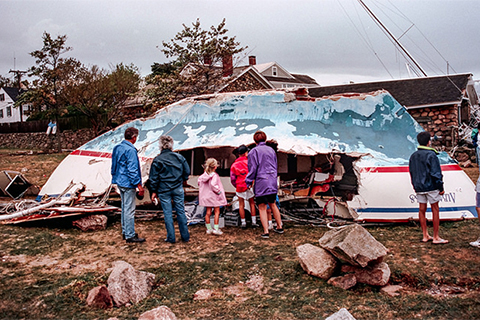
Using lessons from past hurricanes, a Massachusetts town safeguards its water supply and prepares its residents for a future that includes more intense weather.
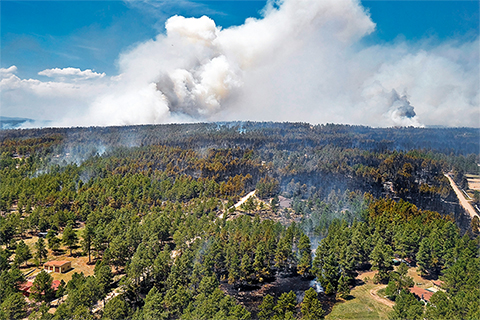
Where the threat of wildfires is rising, HEPA filters and air scrubbers installed for protection against pandemics can also provide climate resilience by protecting hospitals from smoke.
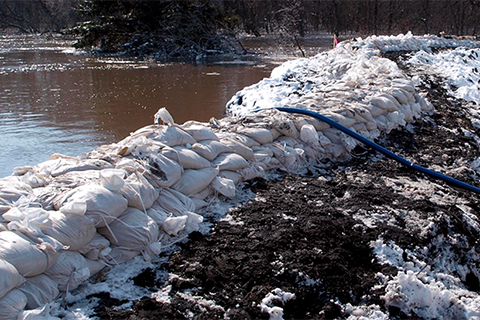
When a flood is forecast for the Red River of the North, community leaders, emergency responders, and residents around Fargo, ND, and Moorhead, MN, can gauge their need for preparation by accessing visualizations showing the extent, depth, and timing of expected flooding.
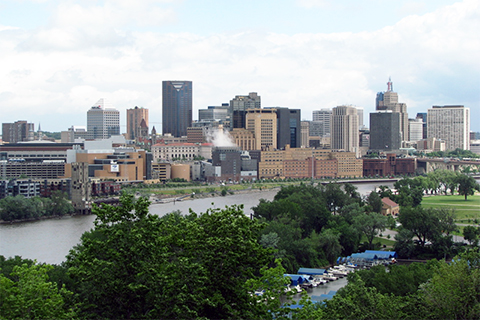
Heat waves bring some level of discomfort to nearly everyone. When excessive heat catches vulnerable populations off guard, that discomfort can advance to illness and even death. Public health officials in Minnesota are working to protect people in both rural and urban settings.
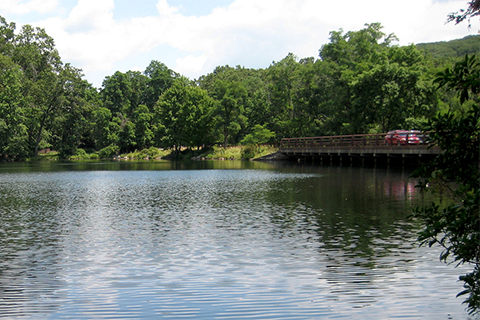
Faced with the potential of a large expense related to water quality, Maine's Portland Water District had two investment choices: conservation or concrete.
In the agricultural heartland of the Northwest Pacific, a water plan that protects people and nature
After facing 5 years of drought in 15 years, partners in Washington's Yakima River Basin developed a new water plan that aims to make farms, fish, and families in the region more resilient to climate variability and change.

Trees within a city can help reduce urban heat, control stormwater, and provide habitat to local wildlife. As climate conditions change, a Chicago group is working to enhance the reilience of the city's urban forest.